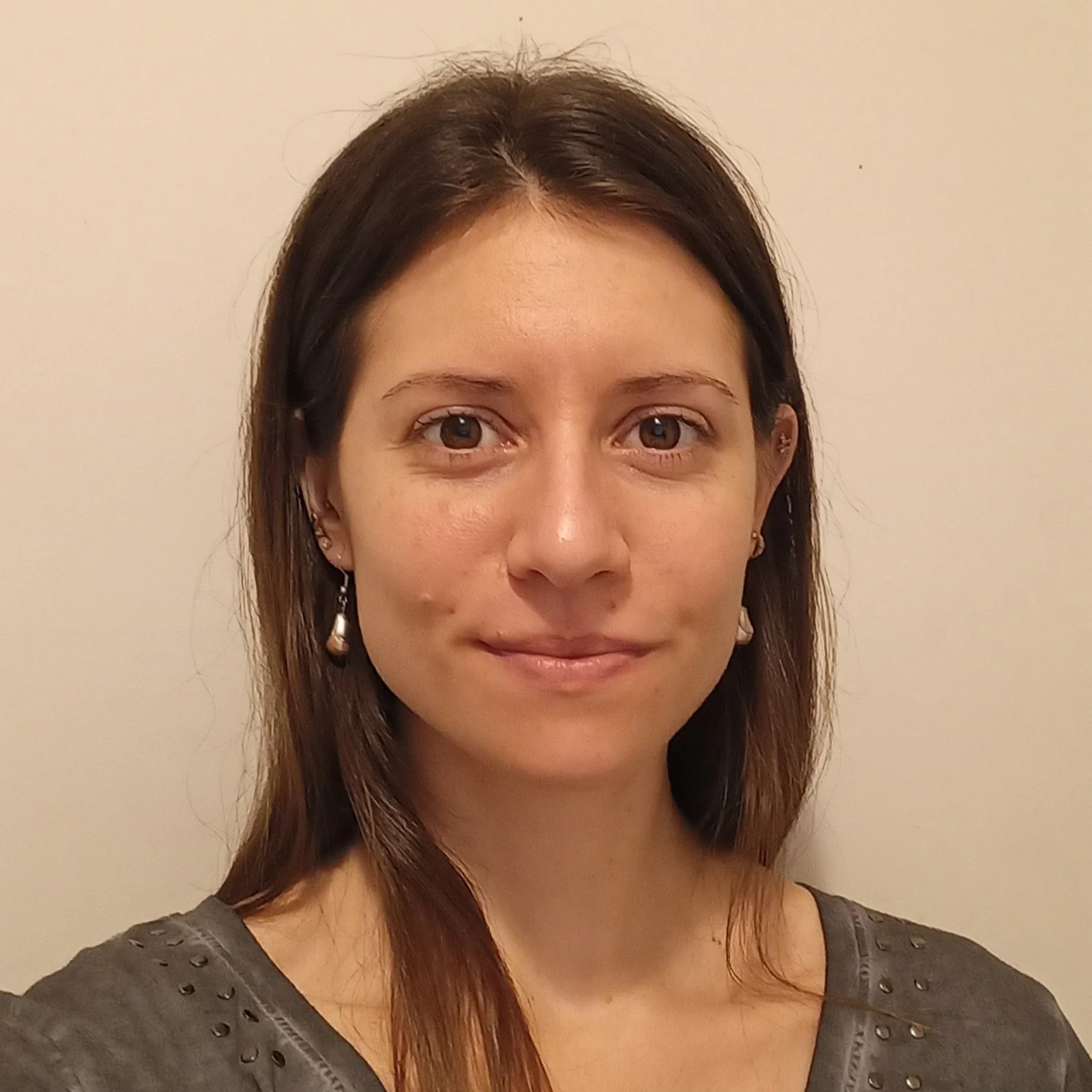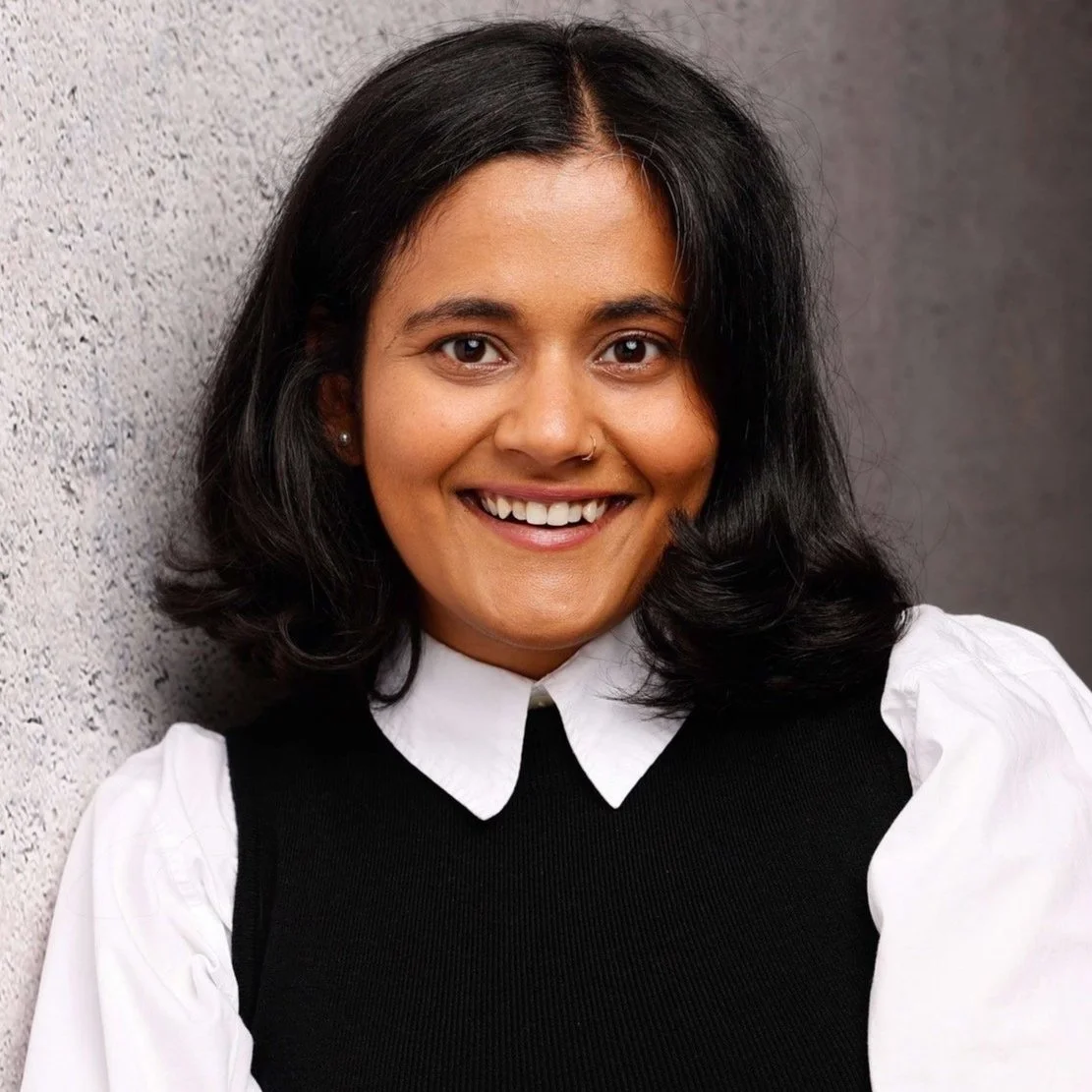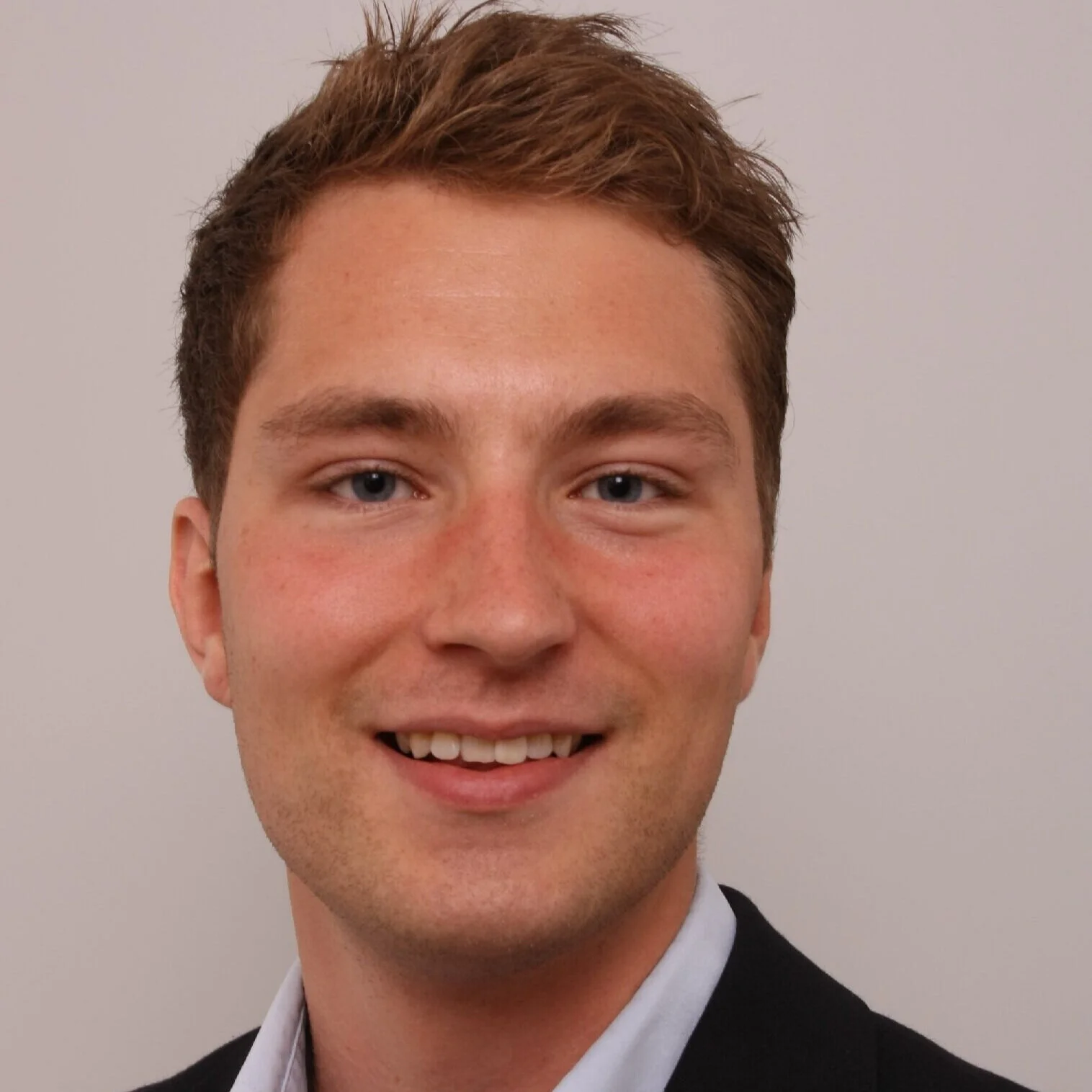Fellows 2023-2024
Ryan Ka Yau Lai
University of California Santa Barbara
Mentor: Nancy Stern
Using naturally-occurring conversational data, this project studies the order of elements in Central Tibetan known traditionally as arguments, when they precede the forms known traditionally as the verb. The purpose of the project is to advance a meaning hypothesis about the order of these forms that will explain their distribution in the spoken texts. The distribution of these forms will be studied using a combination of qualitative examination of particular examples, and quantitative modelling of the word order using rank-order logit models.
Andrew McCormick
City University of New York, Graduate Center
Mentor: Nancy Stern
The focus of this dissertation is the form how. The goal is to account for the distribution of how, a monosemous form with a single invariant meaning will be proposed. This claim presents a challenge to traditional analyses, which have posited at least three categories for the form: manner adverb (‘how to make lasagna’), intensifier (‘how far/how many’) and complementizer (this role is applied to situations where how is believed to be interpreted as an informal version of ‘that,’ as in, ‘He said how nobody likes the new policy’).
Ludmila Novotny
Universidad nacional de la Plata, Argentina
Mentor: Nancy Stern
Ludmila Novotny is a Certified English-Spanish Translator and researcher based in the City of Buenos Aires, Argentina. She holds a degree in Literary and Technical-Scientific Translation from the Instituto de Enseñanza Superior en Lenguas Vivas “Juan Ramón Fernández,” a degree in Legal Translation from the Pontificia Universidad Católica Argentina, and a Master’s Degree in Linguistics from the Universidad Nacional de La Plata. In addition to working as a translator and conducting her own research, Novotny works as a research assistant for a project at the Osnabrück University (Germany).
In her master’s thesis, Novotny has successfully accounted for the distribution of the English form through based on a monosemic analysis of that form, guided by the principles of the Columbia School framework and using qualitative and quantitative methods. In her current research project, she adopts the same theoretical and methodological approaches with the aim to account for the distribution of the Mapudungun word pu. This form has been traditionally proposed to have two, unrelated meanings. Novotny’s proposal is that the distribution of pu in authentic discourse may be better explained by a single, invariant meaning.
In her free time, Novotny enjoys singing, biking, practicing yoga or just relaxing at home with her husband and two cats.
Tanisha Pandey
University of Bern, Switzerland
Mentor: Nancy Stern
Tanisha is a first year fellow who is looking at the distribution of the form they, in particular its use for singular referents. She is studying the frequency and distribution of the form to investigate whether they signals a Number meaning. It's possible that the information on the number of referents implicated by theyis inferred by the reader from the context of the form’s use and is not indicated by the form itself. The study aims to investigate this hypothesis using short stories published in the The New Yorker as its data set, and will include both qualitative and quantitative analysis.
This work builds up on previous works conducted in Columbia School (including Stern 2019), and takes inspiration from Lavendera (1978), García (1985) and Otheguy & Shin (2021) to bring Columbia School linguistics in dialogue with social queries into language use, and vice-versa.
Tanisha was born in and finished high school in India and is currently pursuing her masters in Sociolinguistics at the University of Bern, Switzerland and lives in Hamburg, Germany.
Daan van Soeren
University of Groningen, Netherlands
Mentor: Bob de Jonge
Daan van Soeren’s dissertation project is carried out within the framework of Columbia School Phonology, more commonly known as Phonology as Human Behaviour (PHB; Diver 2012), which argues that the phonology of languages is shaped by the balance between maximum communication and minimal effort.
He recently published a paper on word stress as a relevant factor in the distribution of phonemes. When comparing the distribution of consonants in Spanish, English and Dutch words that start with either a stressed or an unstressed syllable, the results undeniably show different distributional patterns for the two word types. He is currently in the final stages of his PhD.
Albert Ventayol-Boada
University of California Santa Barbara
Mentor: Ellen Contini-Morava
In this research fellowship Albert analyzes the so-called ‘grammatical focus’ in Kolyma Yukaghir (Yukaghiric; Russia) vis-à-vis the nominal case system and the verbal paradigms in the language. While current descriptions have listed the different forms linked to ‘focused’ and ‘non-focused’ morphology, the functions associated with each sign are less clear and do not specify in what social and pragmatic contexts speakers may choose to use them. This research is part of his doctoral dissertation on the morphosyntax of the two extant Yukaghiric languages using corpus methods, and psycholinguistic experiments in the field.
SEED GRANT RECIPIENTS
Ilia Afanasev, HSE University (Moscow, Russia)
Yliana V. Rodriguez, Universidad de la República, Uruguay






